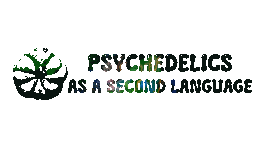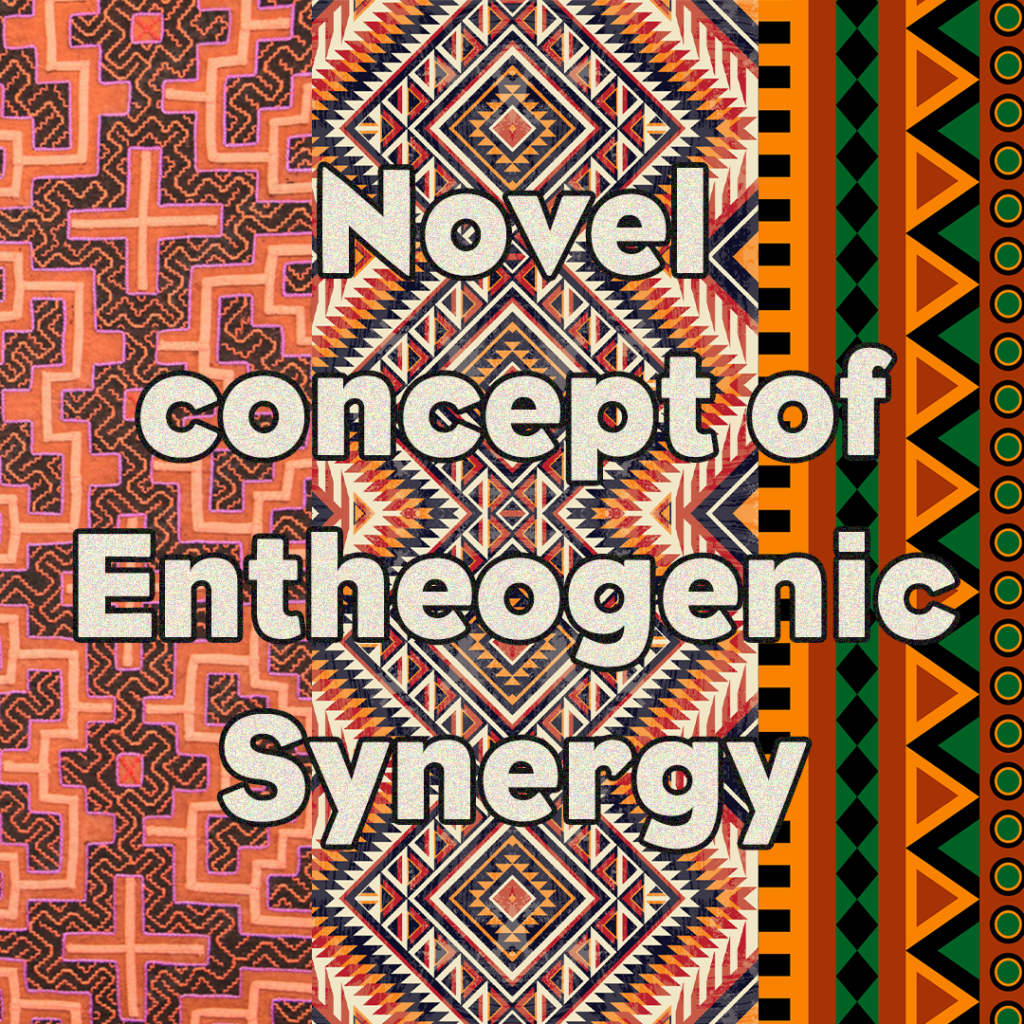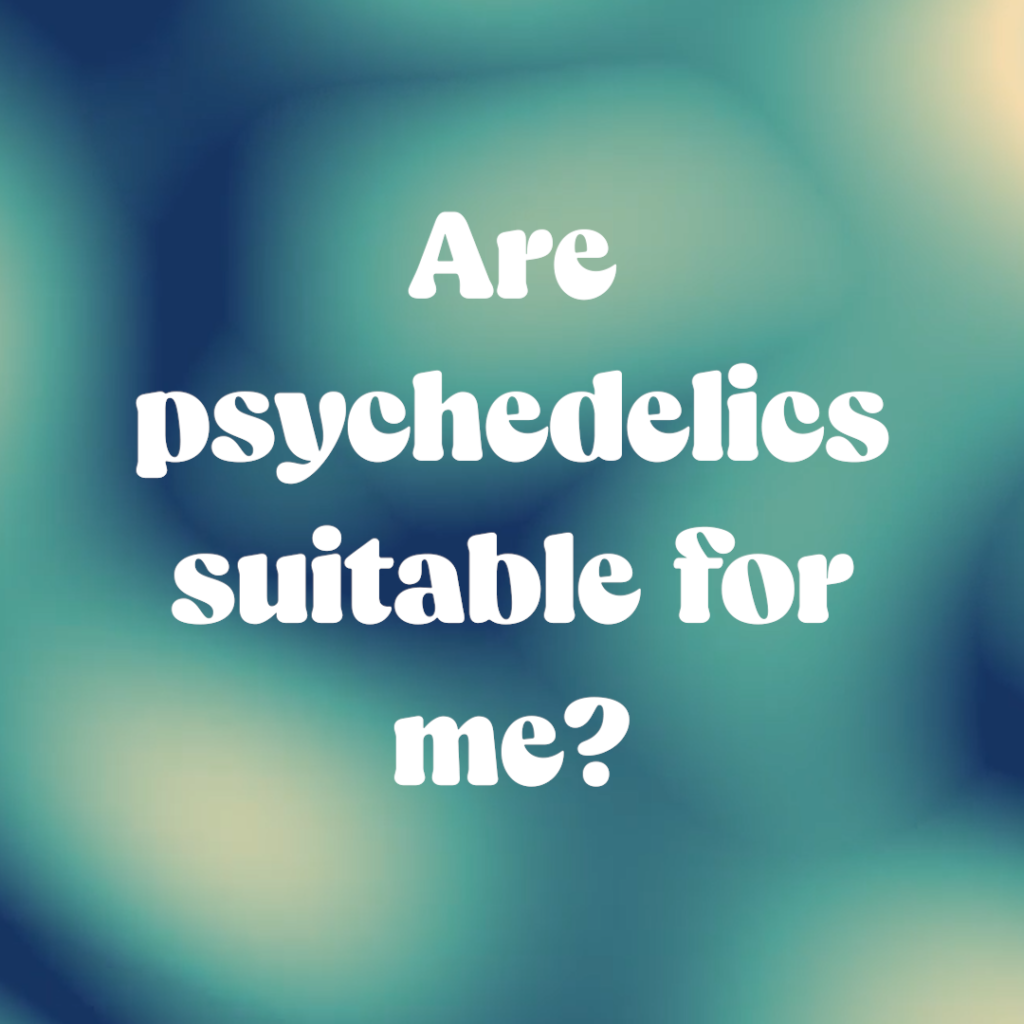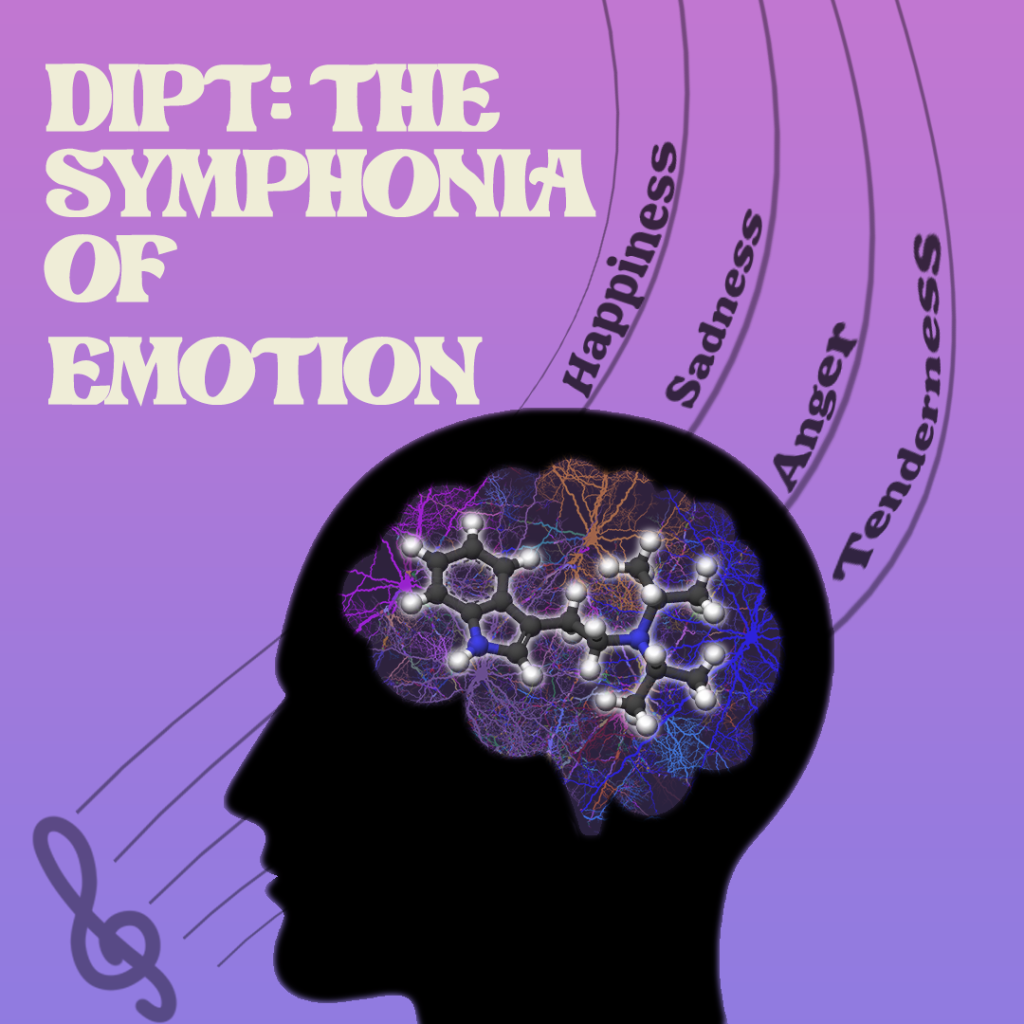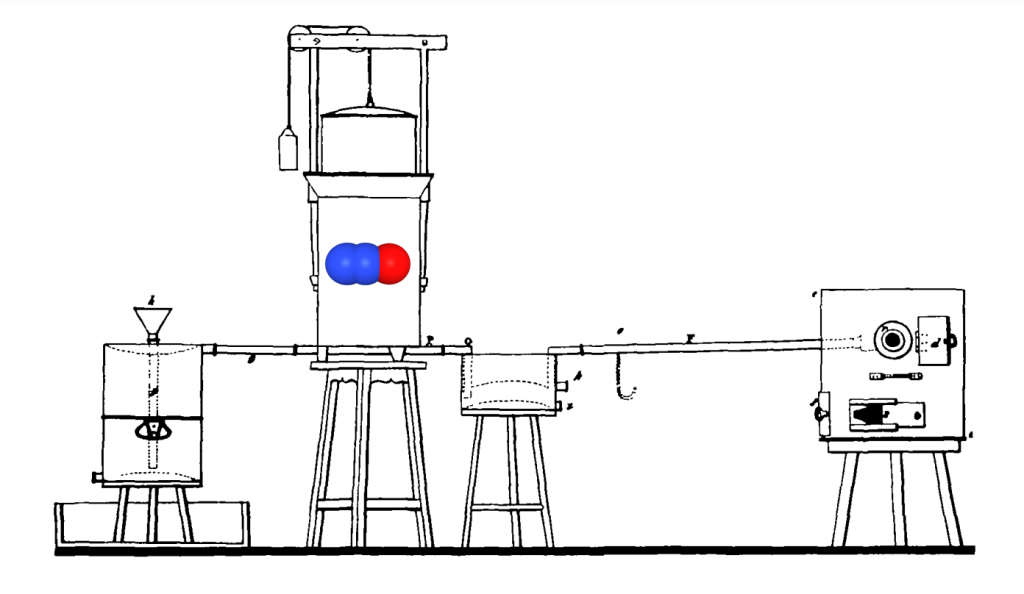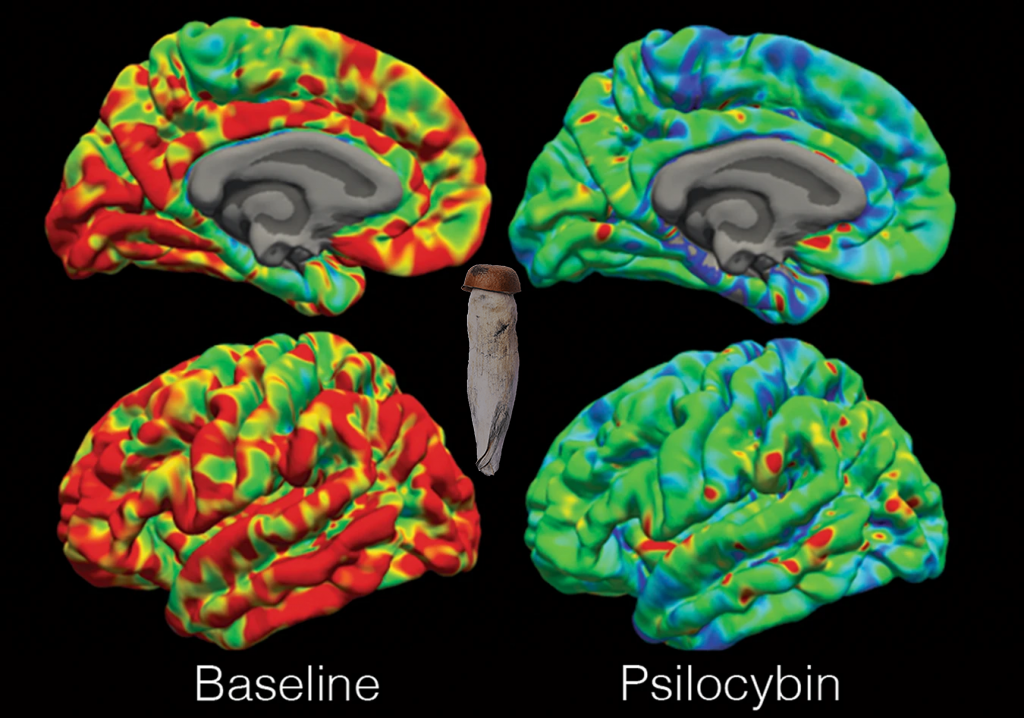Meet the Fireside project App: Your virtual Peer Support Line
Psychedelic experiences are a trip into the unknown and sometimes get out of hand or become too much to decompress or at least on your own.
Fireside Project considered this and created the first app to help us during and after our trips, with over 100 volunteers to provide you with non-clinical emotional support, giving you a compassionate experience filled with knowledge about the psychedelic realms while always protecting your identity without collecting personal data.
The Fireside Project line is open every day from 11:00 a.m. to 11:00 p.m. PT to everyone in the United States!
Most importantly, it’s free and one click away!
Read more here!
Meet the Fireside project App: Your virtual Peer Support Line Read More »
